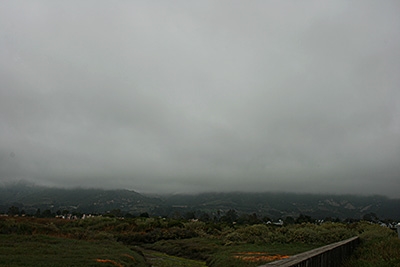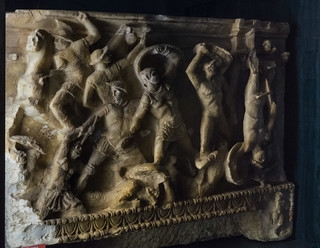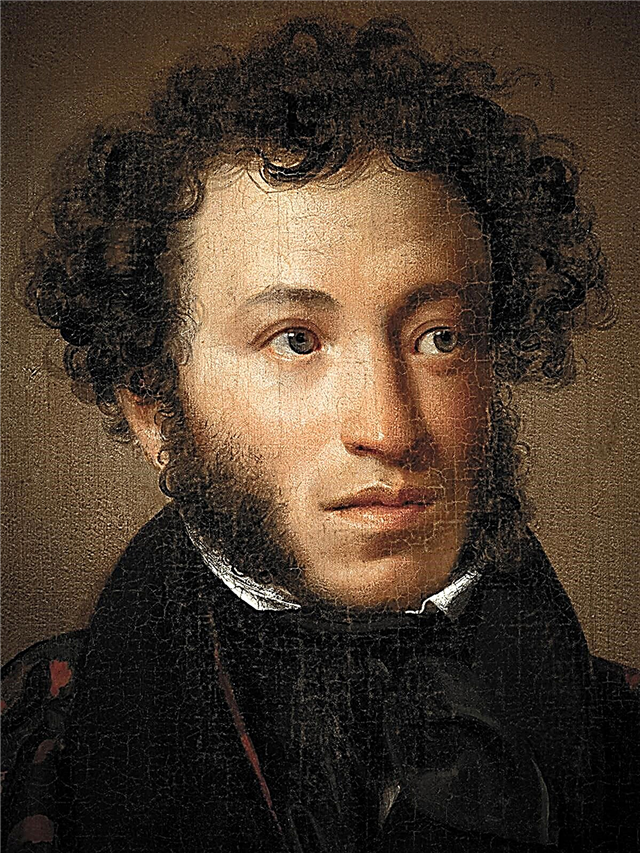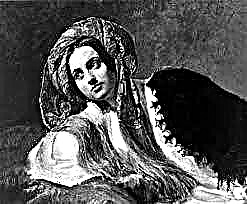(345 words) For Mikhail Yurievich Lermontov, the homeland was presented from two diametrically opposite sides: he dearly and infinitely loved its rich nature, history, simple people, but opposed Nikolaev Russia, strengthening autocracy and serfdom, for which it was first exiled to the Caucasus. The theme of the motherland in the poet’s lyrics is incredibly mesmerizing due to its ambiguity presented in a romantic style with hints of rebellious spirit, the desire for freedom and undeniable skill.
The most striking poem, denouncing Lermontov’s ambivalent attitude towards Russia, can be called “Homeland”. It is interesting not only for its ideological component, but also for the fact that it consists of two differently sized parts, so the first of them sounds majestic, the poet proclaims his “strange” love for his native country, while respecting the great exploits of the past, he cannot find in itself the disturbing echoes of that time, it does not occupy it. The second part is filled with simplicity and lightness, there is no solemnity in it, there is a description of nature, peasant villages. Lermontov’s soul is given to ordinary people, he is burdened by the terrifying oppression of the lower layers of society. The poet often addressed specific historical events, as a rule, this was the Patriotic War of 1812 and the Decembrist movement. The well-known work “Borodino” refers us to the largest battle of military events of that period. The cross-cutting motive of the poem sounds in these lines: “Yes, there were people in our time, / Not like the current tribe: / The heroes are not you!”. The work is intended to reproach Lermontov’s contemporaries with their inaction and obedience to the regime of Nicholas I. The small but capacious message “Farewell to the unwashed Russia ...” accurately and sharply reflects the domestic political situation of that time. At that moment, the poet was sent to his last exile to the Caucasus, which is why he says goodbye to his homeland, not the one that inflamed him with a feeling of betrayed love and patriotism, but the one that he calls "the land of slaves, the land of lords." The same motive, but in a more delicate form, is also present in Lermontov's early works, for example, the poem "You are beautiful, fields of your native land ...". Beautiful landscapes open before our eyes, the amazing nature that is created for freedom and ease, but this is only a veil, the poet sees deeper, behind all this splendor there is a "vicious" country.
Mikhail Yurievich Lermontov in his work has always divided the homeland and the government, he admired the beauty of the first and hated the rules established by the authorities.







 This year I ...
This year I ...



